What are Thermistors? A Complete Guide to NTC and PTC Thermistor for Temperature Control and Protection
Discover the world of thermistors with DXM, your leading source for advanced temperature sensing and controling solutions. "What are Thermistors?" explores the essential role of these thermal resistors in modern technology. Known for their precision, thermistors like the PTC thermistor, efficiently manage temperature changes in various applications. Uncover how DXM's expertise in thermistor technology can enhance performance and reliability in your systems. Stay ahead with our cutting-edge, customizable solutions designed to meet your specific needs.
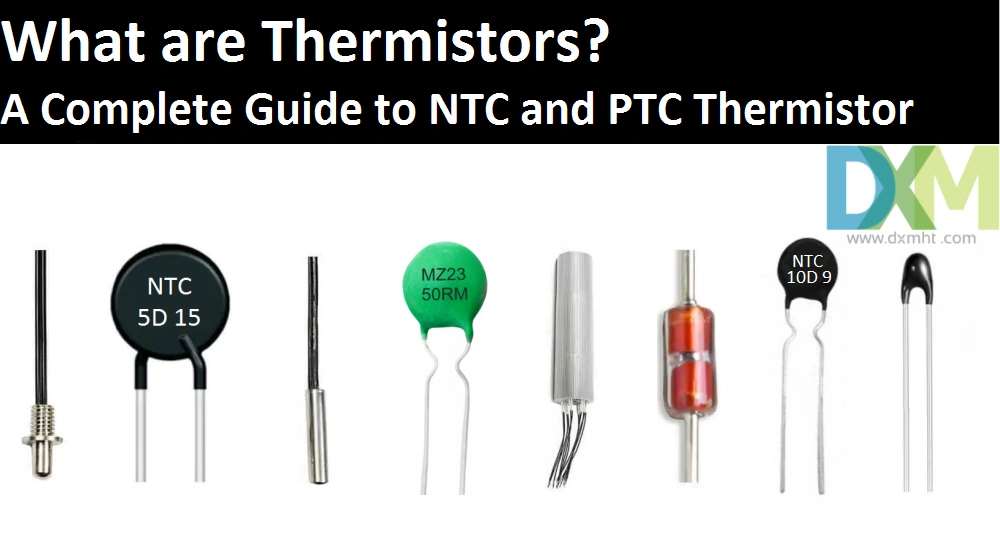
What are Thermistors: Types and Functions
Thermistors come in two main types: NTC thermistor and PTC thermistor. NTC (Negative Temperature Coefficient) thermistors decrease in resistance as temperature increases, while PTC (Positive Temperature Coefficient) thermistors work the opposite way, increasing in resistance with rising temperatures.Thermistors, or Thermal Resistors, are key components in temperature-sensitive applications. These electronic devices are essential for temperature measurement and control, ensuring system reliability. Understanding what are thermistors is critical for testing and selecting the right type for your needs.
Both types are used across industries for applications such as monitoring, safety, and thermal protection. Selecting the correct thermistor ensures accurate temperature management in your system.
Testing a thermistor involves checking its resistance with a multimeter, as changes in temperature affect its readings. This helps verify its accuracy and functionality in various environments.
In conclusion, thermistors are invaluable for precise temperature control, whether you choose an NTC or PTC thermistor for your application. Understanding the basic function and testing methods allows you to make better choices for reliable system operation.
What are Thermistors: NTC vs. PTC Thermistor Explained
Thermistors, also known as Thermal Resistors, are critical in temperature-sensitive applications. Understanding what thermistors are is essential to selecting the right type for your system. Thermistors come in two main categories: NTC thermistor and PTC thermistor, each with unique characteristics.
NTC Thermistor (Negative Temperature Coefficient)
NTC thermistor lower its resistance as the temperature increases. Its primary uses include:
- Temperature Sensing: Providing accurate temperature measurements.
- Inrush Current Limiting: Controlling initial current surges in electronics.
- Temperature Compensation: Stabilizing circuits in changing thermal environments.
Due to their high sensitivity, NTC thermistor is found in automotive, industrial, and household devices.
PTC Thermistor (Positive Temperature Coefficient)
PTC thermistor increases resistance as temperatures rise. It is primarily used for:
- Overcurrent Protection: Safeguarding circuits from excessive current.
- Resettable Fuses: Resetting automatically after current overload.
- Self-Regulating Heaters: Maintaining stable heating in thermal systems.
PTC thermistor enhances system safety and protect sensitive components, ensuring reliability in electronic applications.
Understanding What are Thermistors especially the differences between NTC and PTC thermistor helps in optimizing temperature control and system protection.
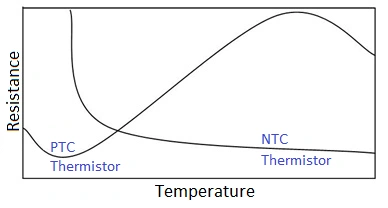
The Importance of Thermal Resistors in Electronic Systems
What are Thermistors? These Thermal Resistors play a critical role in electronic systems, ensuring stability and safety by accurately responding to temperature changes. Whether it’s an NTC thermistor or a PTC thermistor, each serves a unique purpose in maintaining the optimal performance and longevity of devices.
Thermistors are essential for:
- Temperature Sensing: Providing precise monitoring in changing conditions.
- Overcurrent Protection: Safeguarding sensitive components from damage.
- Temperature Regulation: Stabilizing system performance under fluctuating temperatures.
By incorporating the right thermistor, whether NTC or PTC, systems can achieve enhanced reliability and protection, preventing failures and extending their operational lifespan.
Conclusion
Understanding what are thermistors is key to effectively testing Thermal Resistor. Thermistors, including both NTC thermistor and PTC thermistor, play a vital role in ensuring the efficiency and reliability of electronic systems.
By identifying the thermistor type and function, you can accurately test its resistance and verify performance. This ensures your system operates smoothly under changing thermal conditions, safeguarding against potential malfunctions.
Effective thermistor testing ensures stability, enhances protection, and optimizes overall system functionality.
Author: Ivan Huang
Recommended for you
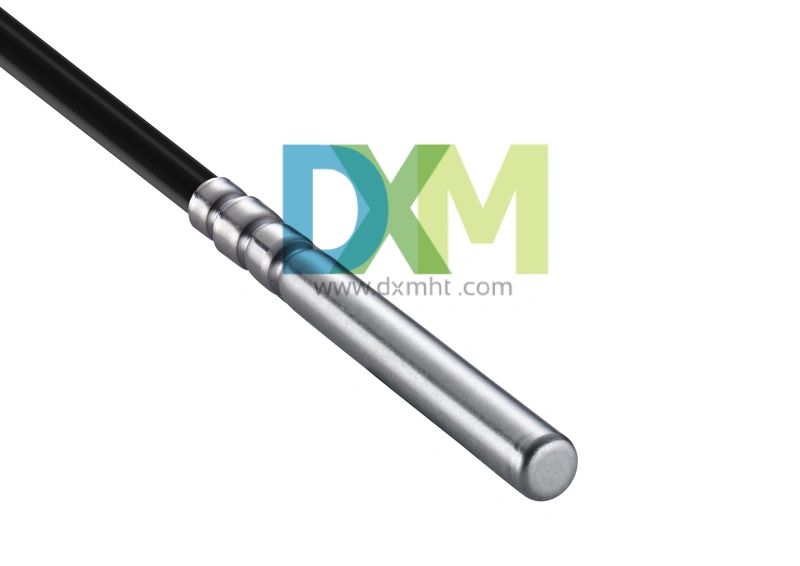
Water Temperature Sensor: The Key to Engine Health and Efficiency

Lightning Surge Protection Varistor: Essential for Protecting Your Electrical Systems
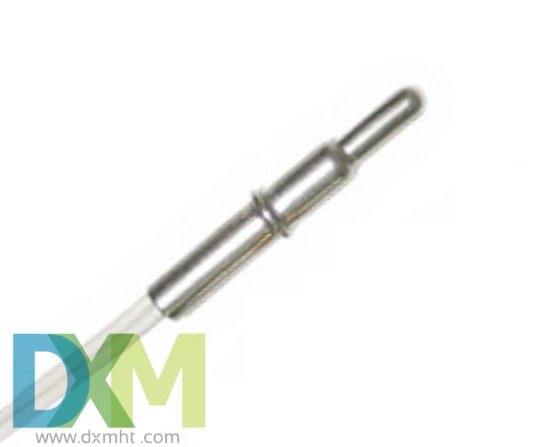
Water Temp Sensor: How to Test it for Reliable Performance?

Capacitor Impedance: Calculation Guide & FAQs
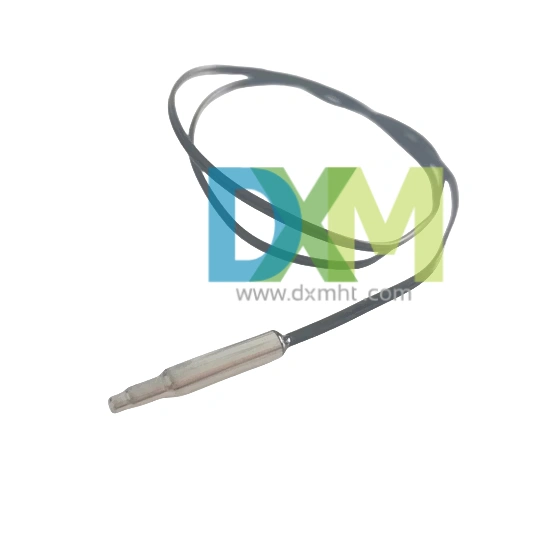
Temperature Probe Sensor: A Comprehensive Guide
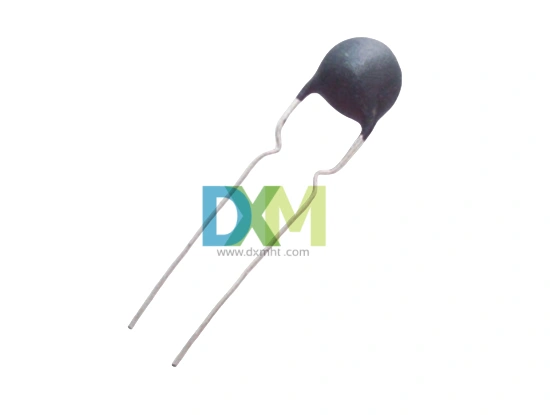
Termistor NTC: What Does a Thermistor Do?
Logistics
Does it support express delivery?
Yes, we support express delivery services. You can choose different delivery methods according to your needs, including ordinary express delivery and expedited express delivery.
Shipment
1)Small order quantity and small packing:cargo may be arranged by courier;
2)Bulk order and big volume:shipment may be arranged by sea or by air as per customer’s requirements on FOB, C&F,CIF or LCL terms and do prompt shipment which is very important for our customers, so we do this matter seriously and we may arrange our shipment in time due to our rich experiences in this line. We may also accept the shipment on the term of freight prepaid or freight collect.
How to track my order?
You can track your order through our official website or the order number provided and learn about the logistics status and delivery progress of your order at any time.
Price and Payment
How are the prices of your products determined?
Our product prices are based on a variety of factors, including order quantity, customization requirements, and market competition.
Price
The price will be quoted in US dollars.
1) For small order quantities and small packing, normally our quotation is based on the ex-works price. The cargo will be delivered by courier after being finished normally.
2) For bulk orders and large volumes, normally our quotation is based on the FOB price. Please inform us of your destination seaport and estimated quantity, and our representative will quote you the C&F or CIF price accordingly. If you feel our freight is higher than your expectation, you can recommend your shipping company to us. Our principal is looking for a shipping company with a good reputation that offers competitive freight costs and can deliver your cargo promptly.
You may also like

KTY83-110 Sensor with Silicon Glass Thermistor

Bracket Type NTC Thermal Sensor MF52X for Precise Temperature Measurement
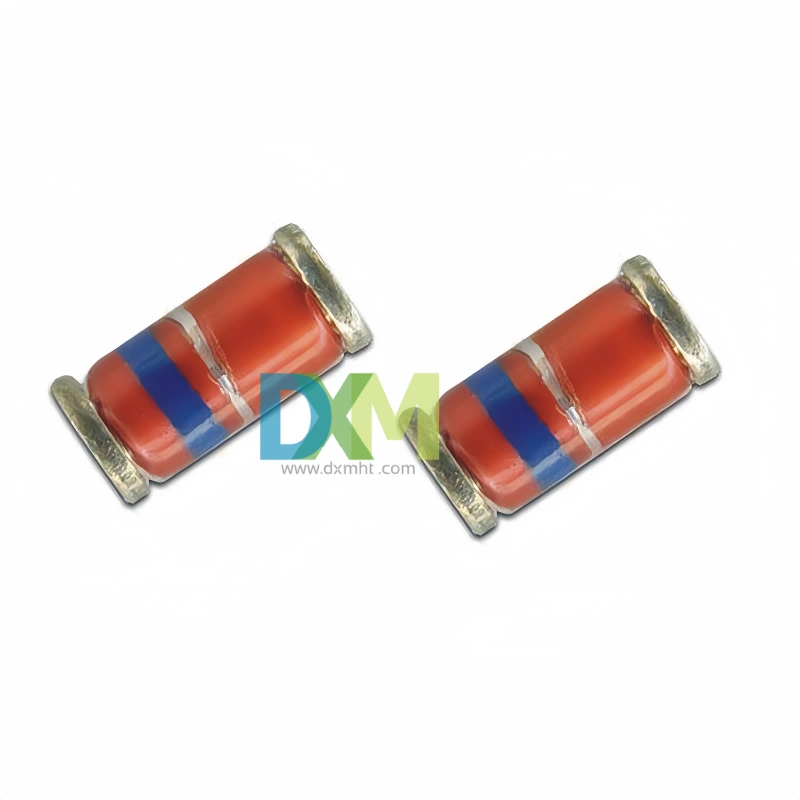
Glass Thermistors MF58E for High-Precision Applications
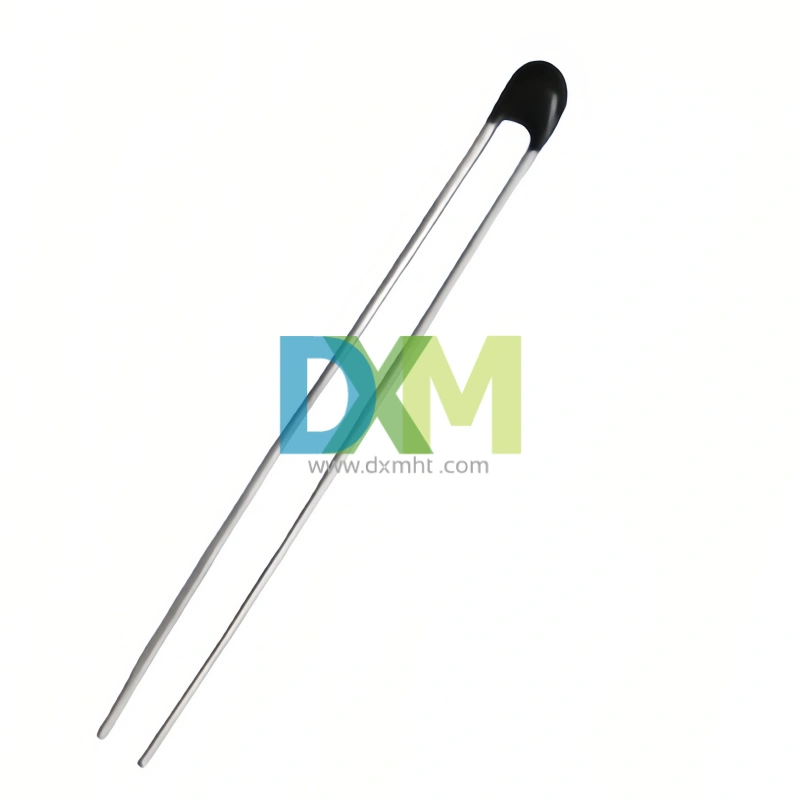
High Precise NTC Sensors for Temperature Measurement and Control
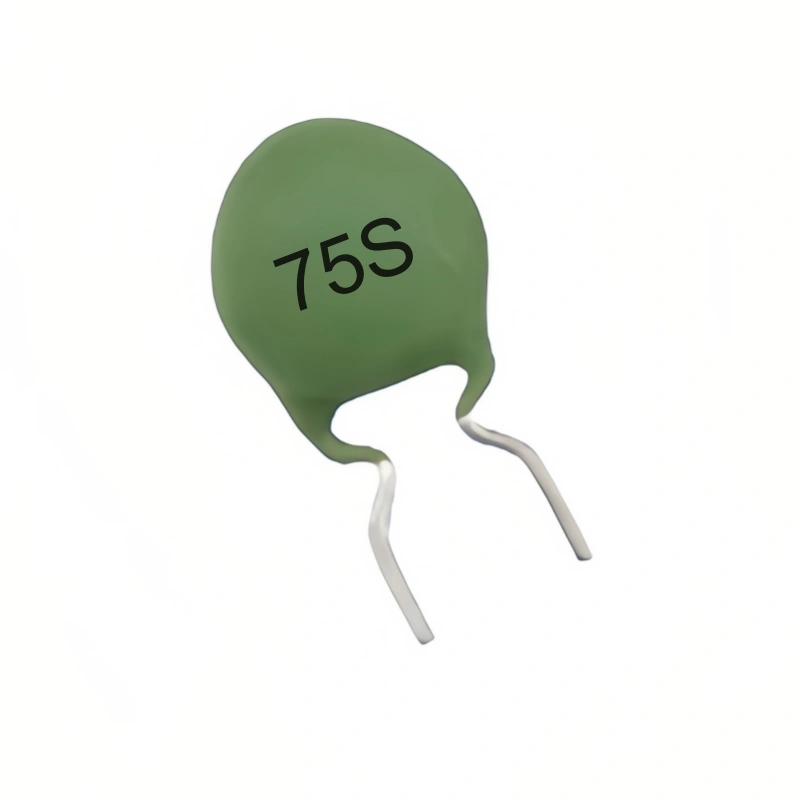
WMZ12A 75S PTC Thermistors for Over-Current and Over-Load Protection
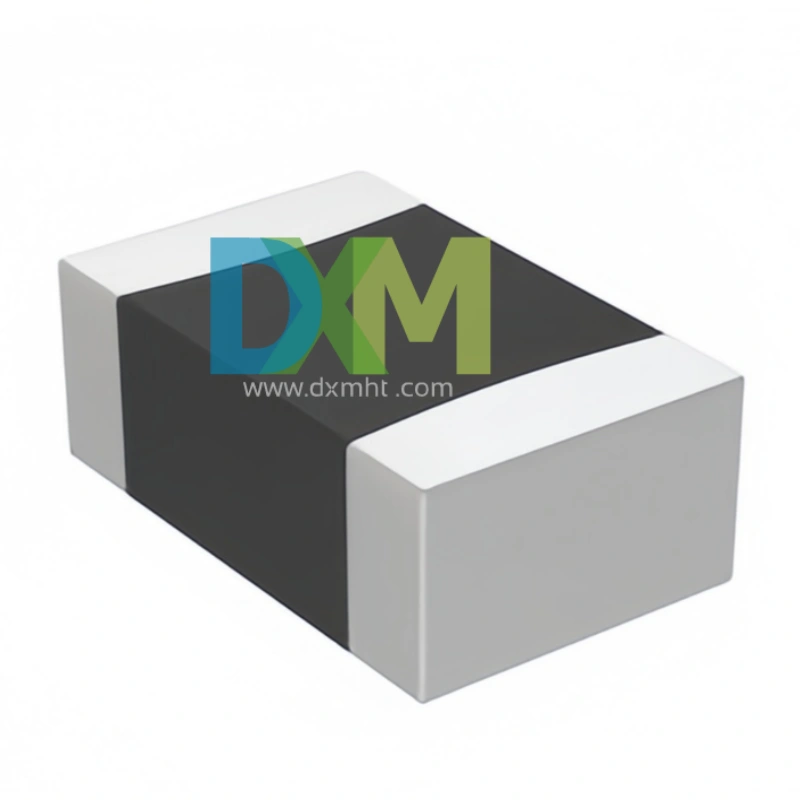
SMD Sensors: Advanced Temperature Sensing Excellence
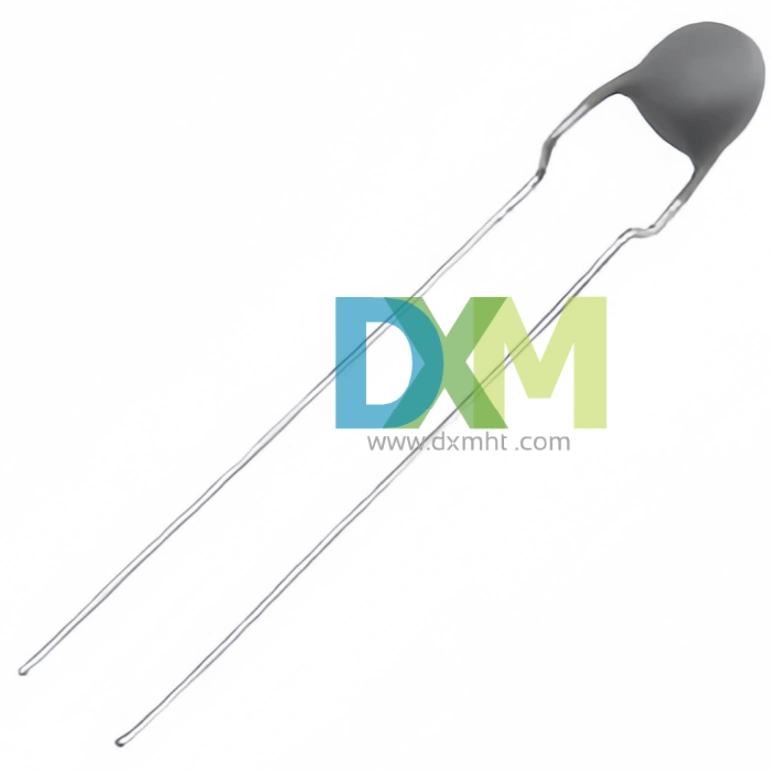
Thermistor PTC MZ11 Series for Light Efficient Design
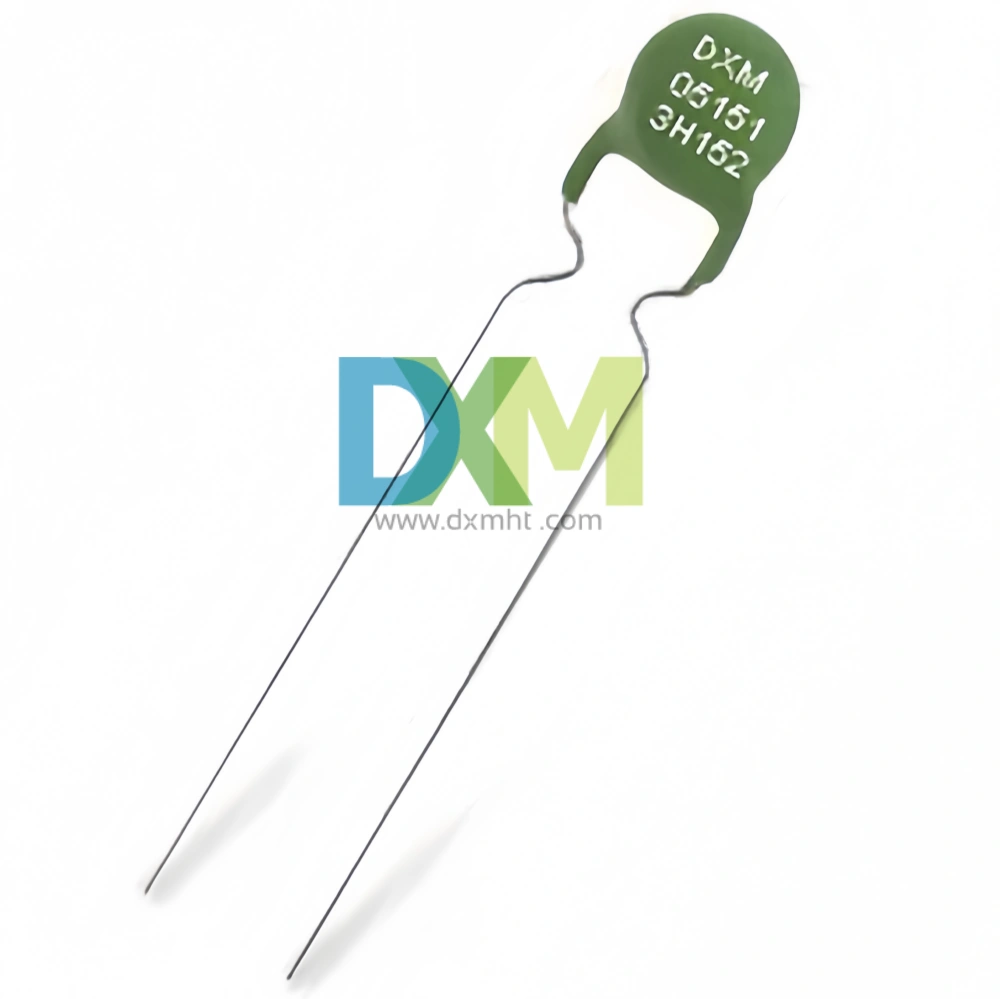
PTC Thermistors for Ballast Electronic and Energy Saving Lighting Intelligent Preheat Start MZ12 | DXM
Get in Touch
Discover premium thermistors, sensors, and resistors tailored to your needs.Our dedicated team of experts is available to assist with product selection, technical queries, and after-sales service. Contact us for custom solutions and experience exceptional customer support.
© 2024 DXM | Designed by gooeyun

 Scan QR Code
Scan QR Code
Scan QR Code
Whatsapp: +8618927361658
Shenzhen DXM Technology Co., Ltd.
DXM PTCNTC
Shenzhen DXM Technology Co., Ltd